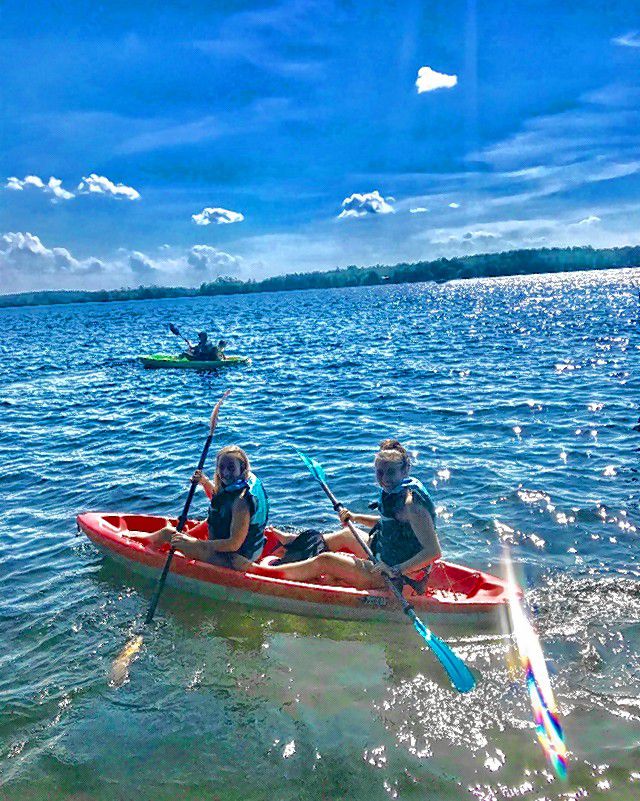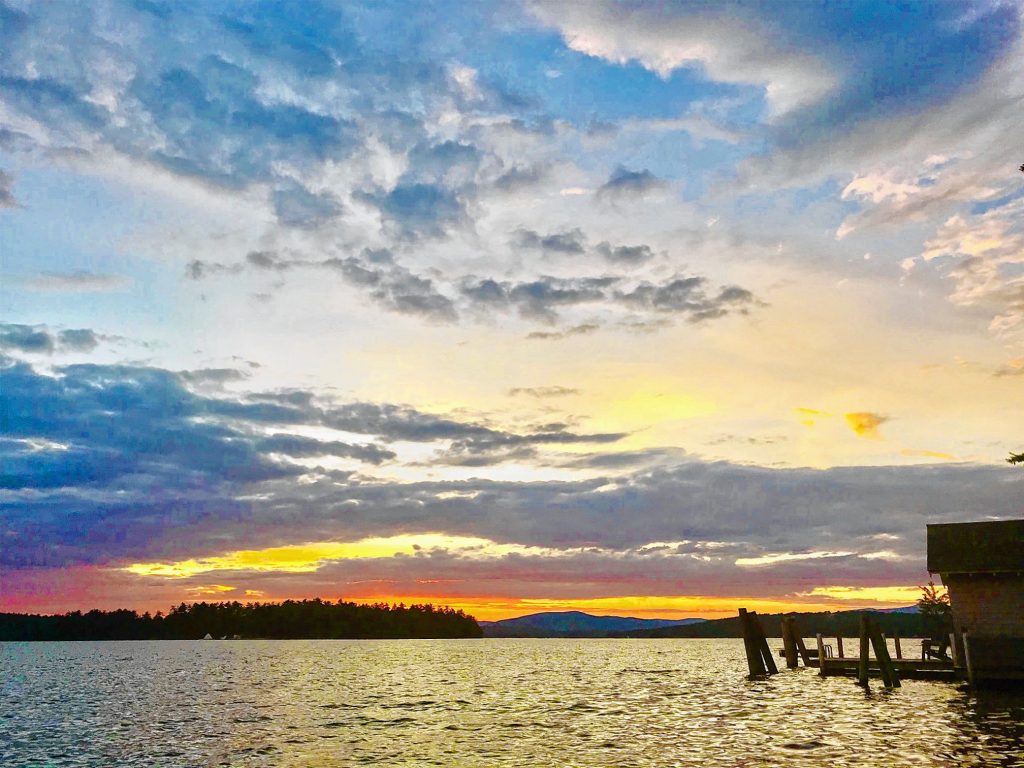Before the advent of antibiotics, the most common thing a doctor would recommend to a sick patient was to drink water and get plenty of rest. This meant drinking water around the clock and no activities whatsoever (literally). The benefits of hydrating and doing nothing when someone is ill have always been the same – you feel better and you become healthier. Although we know this to be a universal truth, the same principle is rarely applied to people who are not sick. With high levels of stress, anxiety and depression effecting thousands of Americans, the health benefits of taking some regular time out should be on the top of people’s to-do list.
According to psychiatrist Neel Burton, M.D., “When the mind feels stressed and clogged with thoughts, the effects on the body can be adverse. Taking time out to do nothing can have wondrous health benefits. One very important aspect of mental health and well-being is simply allowing the mind time to do nothing. It is in this process of not being busy that one is free to contemplate, meditate, recharge and generally appreciate the world around them. A world which they are usually too busy to notice.”
I recently went on a mini-vacation for three days to Lake Winnipesaukee. I was super excited to step away from the hub-bub of daily life and chores. Little did I know that my vacation would turn out to be more work than my actual everyday life (moving forward I am replacing the word vacation with the word trip). As a type-A personality, it is hard for me to “relax.” I planned a vacation from work filled with all kinds of scheduled activities, none that included doing nothing. The vacation ended up being as stressful as the life I left behind. I guess it’s true – I need a vacation from my vacation.
Being back home I quickly realized that this method totally defeats the purpose of taking time off. To get the full health benefits of a vacation, it’s important to do as little as possible and use the time off to relax your mind and soul so you can return home feeling rejuvenated instead of more frazzled. I know, I know, idleness is frowned upon in society, but it is an important part of human mental health. It allows us to gather thoughts, gain perspective and relieve stress. A certain amount of doing nothing is essential to a happy, fulfilled life. Can I get a vacation do-over?
According to recent studies, learning how to do nothing might be the most vital skill for thriving. Doing nothing? Who in this fast-paced, busy world could possibly take the time to do nothing? Slowing down can be beneficial in numerous ways. Dr. Lolly Taskal explains, “What neuroscience is showing is that we require down time in order for our bodies to go through the process of restoration. Without time and opportunity to do this, the neural connections that produce feelings of calm and peacefulness become weaker, making it actually more difficult to shift into less-stressed modes.”
Don’t fret! Your vacation doesn’t have to be long. “Most people have better life perspective and are more motivated to achieve their goals after a vacation, even if it is a 24-hour time-out,” says psychologist and stress expert Francine Lederer.
So turn off the TV, stop checking social media, place your phone settings to silent and just sit and take the occasional moment to kick back and do ABSOLUTELY NOTHING!
(Crystal Reynolds is an owner of 43 Degrees North Athletic Club.)










